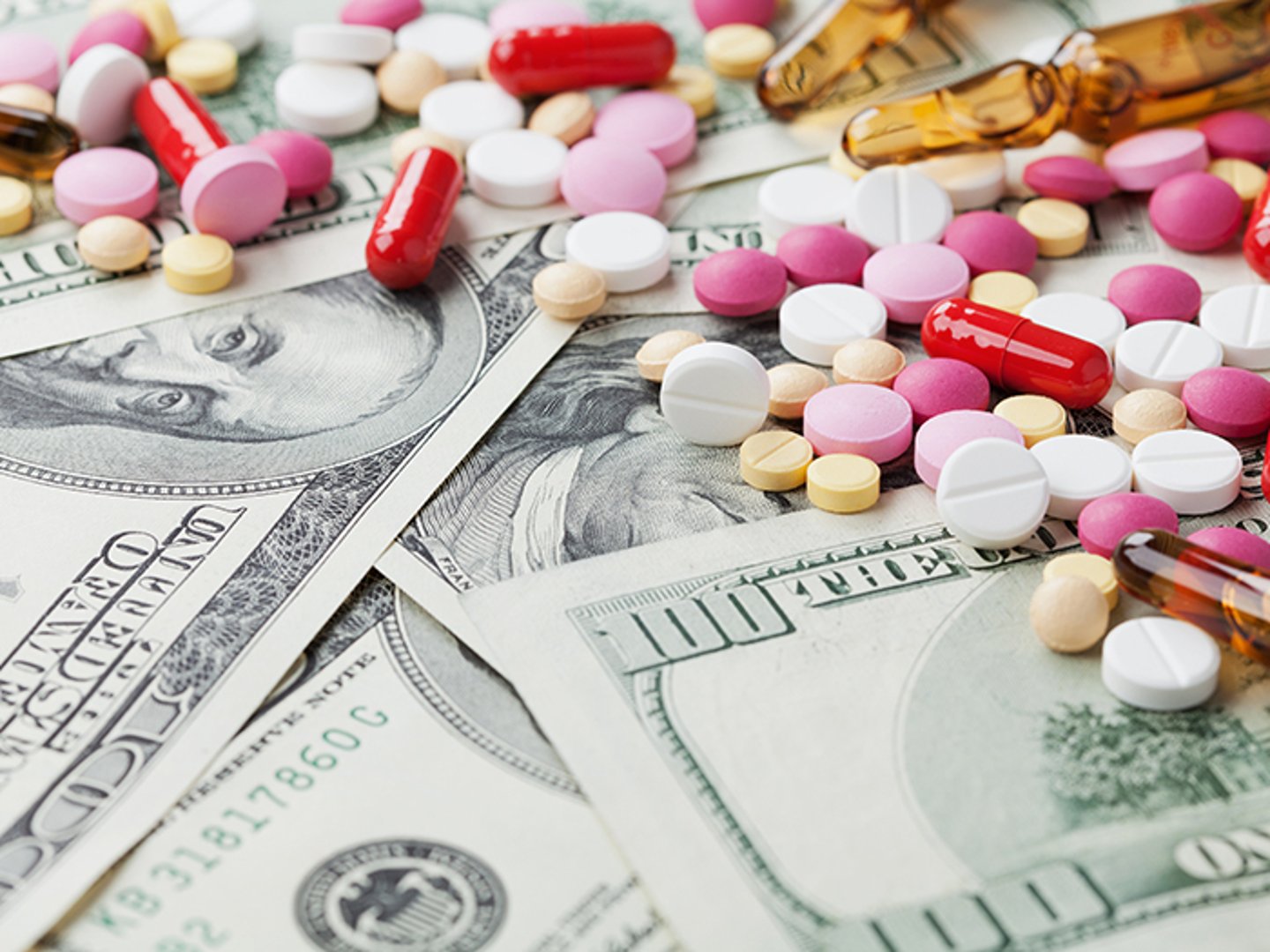AAM Report: Generic savings totaled $293B in 2018
The U.S. healthcare system has saved $2 trillion in the last decade due to the availability of low-cost generics, $293 billion of which came in 2018 alone, according to findings from the forthcoming 11th annual edition of the Association for Accessible Medicine 2019 Access & Savings Report.
The report, subtitled “The Case for Competition,” builds on independent research from IQVIA to quantify how much money American patients and the U.S. healthcare system are saving because of generic and biosimilar alternatives to brand-name prescription and biologic medications.
"The 2019 Access and Savings Report once again confirms that generics and biosimilars bring down overall healthcare costs," AAM president and CEO Chip Davis said.
Additional findings of the forthcoming report include:
The report, subtitled “The Case for Competition,” builds on independent research from IQVIA to quantify how much money American patients and the U.S. healthcare system are saving because of generic and biosimilar alternatives to brand-name prescription and biologic medications.
"The 2019 Access and Savings Report once again confirms that generics and biosimilars bring down overall healthcare costs," AAM president and CEO Chip Davis said.
Additional findings of the forthcoming report include:
- Generic medicines for the treatment of mental health and cardiovascular conditions account for $777 billion in savings over the last 10 years;
- Medicare tallied $90.3 billion in generic savings in 2018;
- Medicaid saved $46.8 billion in 2018 through the use of generics;
- California had the largest savings of any state, with $5.7 billion; average savings per state was $917 million;
- Generic medicines account for 90% of the prescriptions filled in the United States, but are responsible for only 22% of total spending on prescription medicine;
- In 2018, 95.3% of generic prescriptions had a copay below $20; and
- In 2018, the average generic primary copay was $5.63 versus an average primary copay for brand-name drugs of $40.65.

